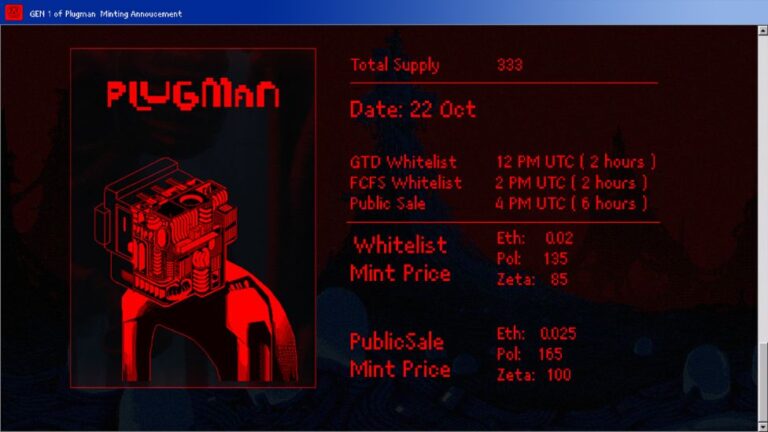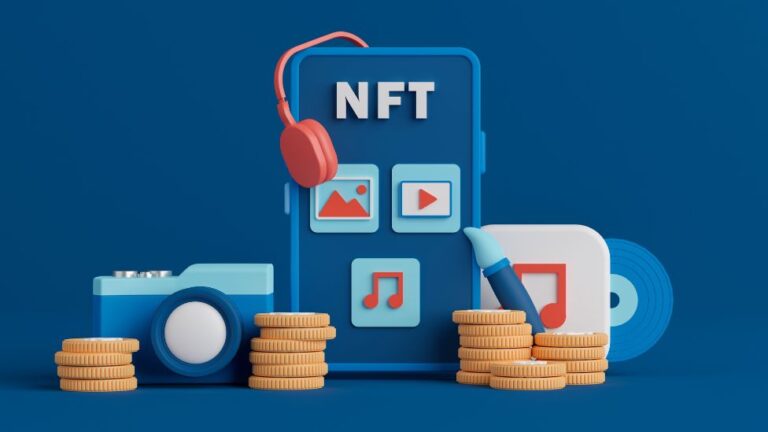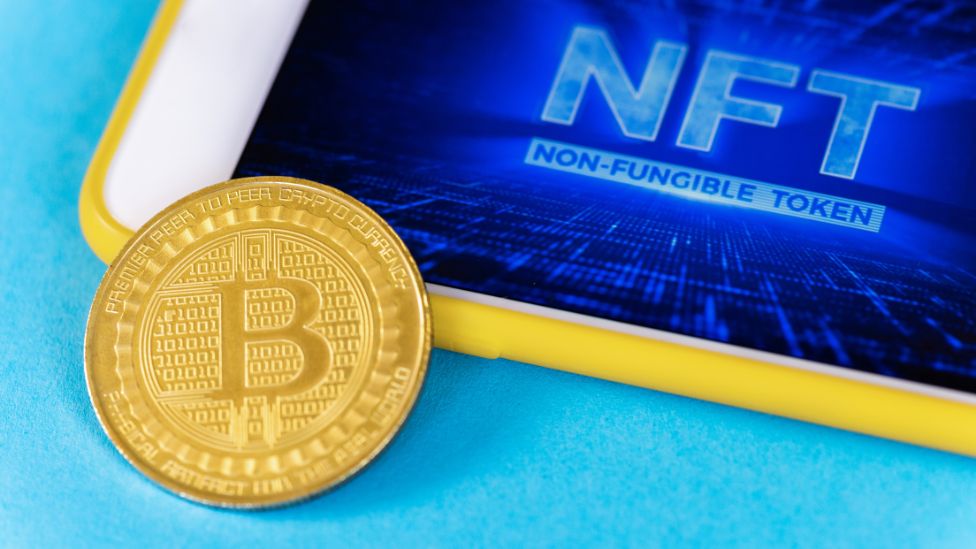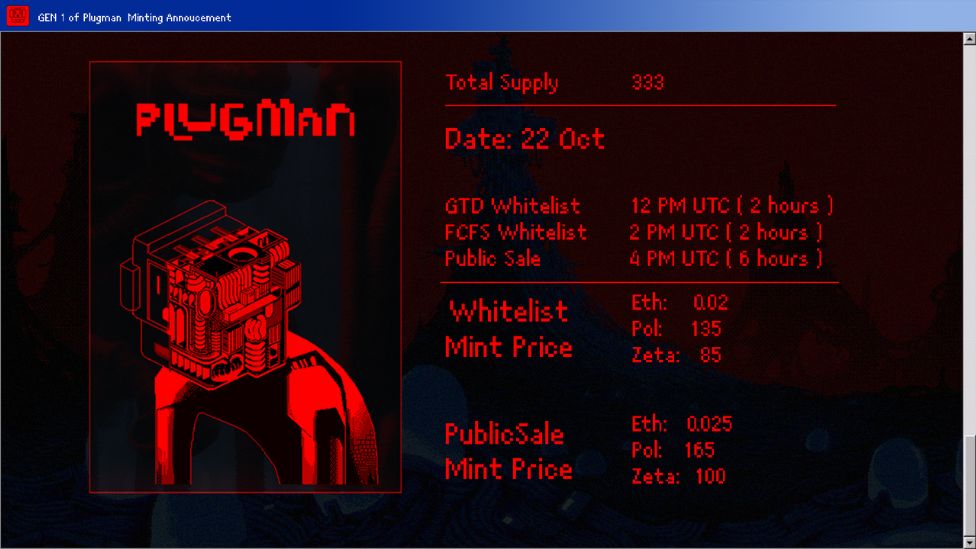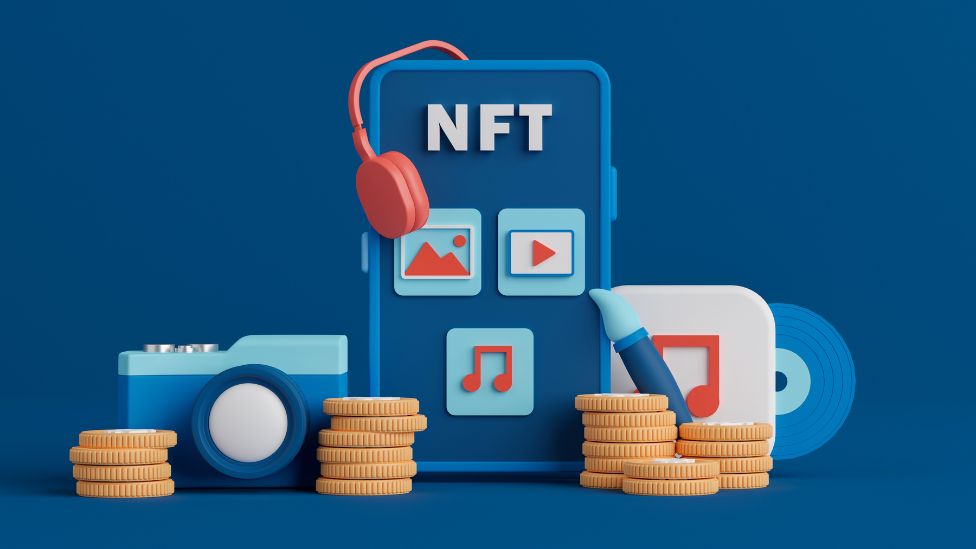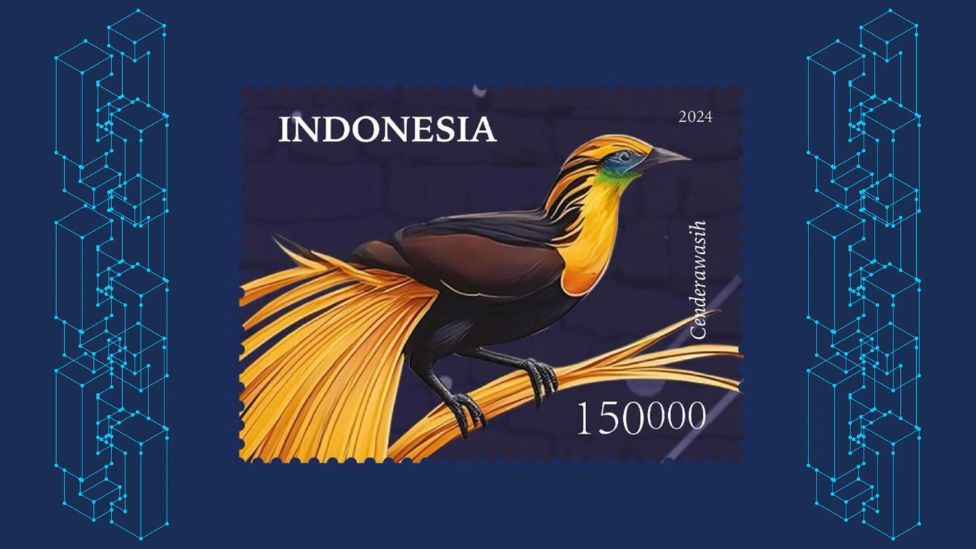NFTs are one-of-a-kind virtual assets. Using blockchain technology, they can identify which individual owns specific media types, such as text, videos, photos, and other media. Despite a steady movement in transaction volume, Chainalysis reported that the NFT industry had a worth of about $40 billion in 2021 and over $37 billion from January to April 2022. The explosive growth of the NFT market has provided a myriad of fraud possibilities for scammers and cybercriminals. NFT artists, users, and purchasers are the victims of such criminal actions.
NFT firms are racing to build upcoming platforms because of the buzz surrounding the metaverse and NFTs without taking the necessary precautions against NFT scams. In the first instance using digital assets, an ex-product manager of OpenSea was detained on allegations of insider trading. A number of NFTs are alleged to have been purchased by Nathaniel Chastain using secret knowledge before they were made public and afterward sold for a substantial profit.
Chastain Used OpenSea’s Confidential Information For His Own Gain
Previously, Nathan Chastain worked for Ozone Networks as a product manager. He was held responsible for insider trading that was alleged to have taken place. He made money for himself by gaining access to information about the NFTs that was about to be highlighted on OpenSea’s webpage. The allegations of wire fraud and money laundering carry a potential jail term of 20 years. Damian Williams claims that Nathaniel Chastain violated OpenSea by utilizing its exclusive trade secrets for personal financial gain.
The NFT Space: Cyberattacks And Malicious Behavior
Tons of money has been spent on NFT collectibles. The NFT market has grown viral among people, and different levels of cyberattack vulnerability exist for cryptocurrencies. The network that operates smart contracts poses vulnerabilities to non-fungible tokens. In other words, the blockchain that powers the NFTs itself may be vulnerable to cyber attacks or hacking. Digital wallets used to hold NFTs are also susceptible to hacking by attackers. In most cases, NFT exchanges and wallets are targeted by cyberattacks targeting NFTs. The leading internet-based exchange for trading NFTs is OpenSea. However, it was discovered in September 2021 that 42 NFTs worth more than $100,000 had disappeared as a result of a bug in the OpenSea token market.
2022 Is Forecasted To Be A Year Of Stabilizing NFT Transaction Activity
The amount of NFT transactions has increased dramatically since the start of 2021, although this progress varies. While NFTs had massive development in 2021, this increase hasn’t been steady and has so far hit a plateau in 2022. Chainalysis reported that overall worldwide NFT sales reached $37 billion during the first week of May, compared to $40 billion for the entire year of 2021. Although the amount of transactions varies, there are still an increasing number of active NFT market participants.



